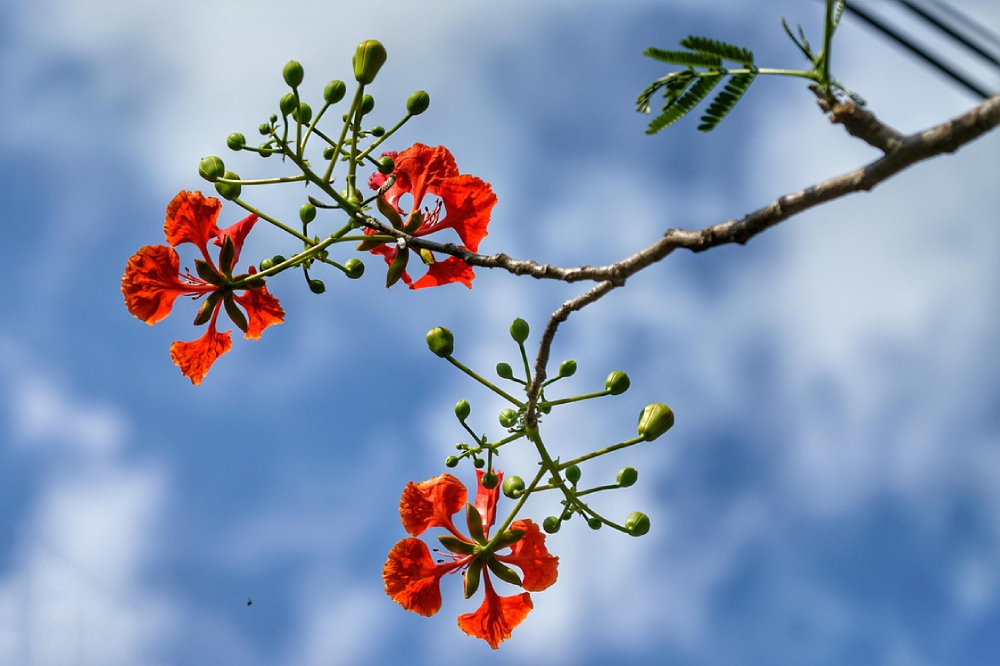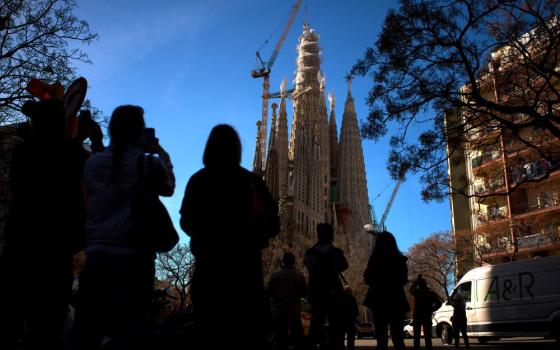
(Pixabay / Suanpa)
Years ago, while I worked with the tribal people in one of the interior villages of India organizing various social programs for women and children, I noticed the behavioral patterns of the children of those areas. While the elders labored in the fields, the children — apart from helping the elders — also engaged in a lot of fun by playing in the small pools of water, splashing muck on one another, diving into the fresh cool waters of the rivers, and watching tiny fish swim across and attempting to catch them. They had a sense of wonder in them, feeling sheer joy and amusement. Watching them being so 'wonder-filled' itself was an exhilarating experience. These children never seemed to be tired of wondering.
Pondering this, I realized how rich this experience of wondering can be. To wonder is to perceive the least, tiniest, insignificant event of life with a great sense of surprise, admiration and amazement, with a child-like curiosity. It's an attitude of perceiving life with the eyes of a learner, a beginner. Wonder causes healing too. On a hot summer afternoon, after a long walk towards a village, I felt tired, and my legs ached. I noticed a small stream running close by and placed my aching legs in the cool waters of the stream. What an experience it was! I was simply overwhelmed with joy and thrilled with the therapeutic magic of the cool waters. It made me wonder at the marvels of creation. I felt my aching feet comforted and an aching spirit consoled. I wondered in silence. As I was absorbed in that wonder, something within whispered to me to accept all that is aching, decaying and dying within me and in others with less resistance.
This 'wondering' moment was also my spiritual experience. A spiritual experience is one that helps us to discover deeper spiritual truths hidden in our ordinary day-to-day experiences. One day, two of us were passing by a forest flame tree that was bare and displayed no signs of life. Looking at it, we thought that the tree had decayed and felt sorry for it. But soon, we realized that it was going through its own transition season of drying up, decaying and dying in order to prepare itself for beautiful new blossoms.
Advertisement
This realization evoked a sense of wonder and awe in us. It also raised a question within. Like this forest flame tree, would we invite transitions in our life with this same sense of wonder? Nature does not resist these transitions, but many times we humans do resist these so-called processes of decay and dying in ourselves.
One area wherein we find ourselves vulnerable and resentful is the phase of aging. Aging is a natural and inevitable phase of life, yet most unwelcomed! We tend to hold on to youthfulness, its external beauty and vigor, etc. We cling to an image of being ever youthful and do not wish to think of a decline in ourselves. Our responses are generally denial and agitation, along with futile attempts to thwart the process of aging by using anti-aging remedies, cosmetic surgeries and medications. Little do we realize that it is like trying to hold on to the sand underneath our feet that is being swept away by the waves of the sea. Wisdom lies not in holding on to this phase of life, but in wondering about it.
When we open ourselves with a sense of wonder to this phase of life, we will be able to see the beauty and transitions of the forest flame alive in us. What is apparently decaying is actually bringing forth new beautiful blossom, not on the exterior, but in the depths of our inner selves. It would challenge us to confront our myths of anti-aging and permanence. It would be a discovery to know that all that we cling to, including our lives, are impermanent. Visit any infirmary, and we will discover this truth.
During one visit to an infirmary where a few aging missionary sisters were receiving medical assistance, I realized how difficult it is to let go. I felt inspired listening to their missionary journeys, but I also noticed that after every narration there were long pauses, followed by a sigh and a lamentation about the present realities in convents. They all felt that the 'golden past' of reality was no longer present. How often do we, too, hold on to the past and live in it!
We miss the present opportunities of creatively responding to the realities around us here and now. We probably find solace in the past, frightened of facing the present and the uncertainty of the future. What might be of help is to rediscover wonder in our lives. What do we need to wonder? Nothing except encountering the present with freshness, even when the present reality is not palatable to us!
The famous Russian author Alexander Solzhenitsyn once said, "Bless you prison, bless you for being in my life. For there, lying upon the rotting prison straw, I came to realize that the object of life is not prosperity as we are made to believe, but the maturity of the human soul".
This is what wondering bids us to.





